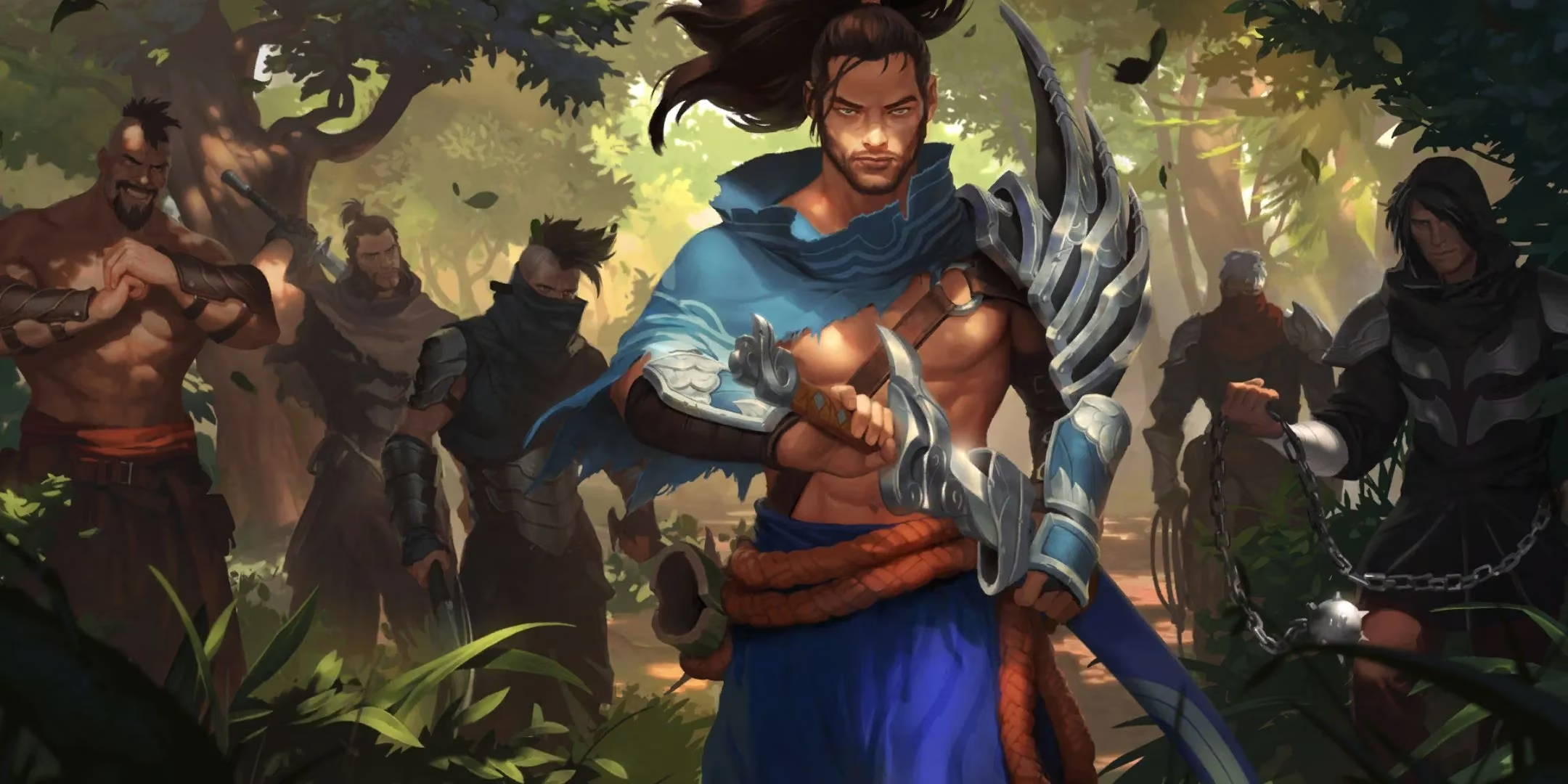My Disappointing Journey with Legends of Runeterra and the Rise of Project K
Explore the passionate Legends of Runeterra community's journey through game shifts, community division, and the rise of Riot's new physical card game Project K.
As a dedicated player of Legends of Runeterra since its early days, I remember the thrill of summoning powerful champions like Yasuo in intense digital battles—it felt like I was part of something revolutionary.  But when Riot Games announced Project K, their new physical card game, in late 2024, my excitement turned to bitter disappointment. It wasn't just another game; it felt like a slap in the face after all the changes we'd endured. You see, back in January 2024, Riot had already shaken our community by shifting focus away from LoR's PvP modes to 'Path of Champions' for 'sustainability' reasons—a move that came alongside layoffs and the sunsetting of Riot Forge. As someone who poured hours into mastering strategies and building decks, I couldn't help but feel abandoned. The news hit hard, and now, in 2025, as Project K evolves, I'm torn between nostalgia for what LoR was and frustration at how Riot seems to prioritize profit over passion.
But when Riot Games announced Project K, their new physical card game, in late 2024, my excitement turned to bitter disappointment. It wasn't just another game; it felt like a slap in the face after all the changes we'd endured. You see, back in January 2024, Riot had already shaken our community by shifting focus away from LoR's PvP modes to 'Path of Champions' for 'sustainability' reasons—a move that came alongside layoffs and the sunsetting of Riot Forge. As someone who poured hours into mastering strategies and building decks, I couldn't help but feel abandoned. The news hit hard, and now, in 2025, as Project K evolves, I'm torn between nostalgia for what LoR was and frustration at how Riot seems to prioritize profit over passion.
Diving deeper, the whole saga started with that January announcement, where Riot admitted that despite our 'passionate community,' LoR 'hasn't performed as well' financially. They'd been 'subsidising the cost' through other games, but it wasn't viable anymore. So, they cut the team size and doubled down on PvE. For me, this was personal—I'd made friends online, bonded over matches, and even spent money on cosmetics. Reducing PvP felt like silencing the heart of the game. Then came Project K, revealed to be a physical card game in development, not a digital port of LoR. My initial reaction? Pure betrayal. Why invest in something new when LoR still had so much potential? I scoured forums like the Legends of Runeterra subreddit, and the sentiment was raw. Comments like 'Sigh' from EquinoxReaper captured our collective exhaustion. One post summed it up: players predicted Project K would rake in more cash because physical card games, like Pokémon or Magic: The Gathering, attract collectors who don't even play—a sharp contrast to LoR's digital struggles.
The community's division was palpable, and I felt every bit of it. On one hand, Groundzer0es vented, 'With how they handled LoR? I'm not trusting Riot with a TCG for one second. I'd rather stick with the Pokémon one.' That resonated with me—I'd switched to Pokémon TCG online after LoR's changes, craving that social interaction over-the-table games offer. But others, like Wiitab360, echoed my deeper pain: 'Getting rid of PvP completely would be the biggest kick in the balls... evidence they just don't give a f*** about their player base.' It's true, physical and digital games appeal to different crowds; Magic Arena bridges the gap, but LoR was unique in its accessibility. Here's a quick breakdown of the key differences that fueled our debates:
-
Digital Card Games (e.g., LoR): Focus on fast-paced, online PvP; mechanics like instant spells and animations that don't translate well to physical formats. 😢
-
Physical Card Games (e.g., Project K): Emphasize social gatherings, collectibility, and tangible elements—making them potentially more profitable with casual buyers. 🃏
As I reflected, I realized how Riot's strategy makes business sense but ignores loyal fans. In 2025, Project K is still in active development, with rumors of beta tests starting soon. Meanwhile, LoR's updates have slowed, focusing solely on Path of Champions—a mode I find repetitive without the competitive thrill. My personal journey through this has been a rollercoaster of emotions: joy in those early LoR wins, anger at the cuts, and now, a reluctant curiosity about Project K. But deep down, I miss the community we built, and it stings to see Riot chase new horizons while leaving us behind.
So, as I look back to my initial shock at Project K's announcement, I'm reminded that in this ever-evolving gaming world, loyalty often feels one-sided. Riot may innovate, but for players like me, the heartache lingers—a reminder that not all stories have happy endings.
